Patent Puzzles after the Supreme Court’s 2024 Administrative Law Cases: Stare Decisis, Rulemaking, and Discretion
Patently O
JULY 24, 2024
Although these decisions may not have as significant an impact in patent law as in other areas, they do pose interesting puzzles with respect to stare decisis as well as agency rulemaking and discretion that will provide many litigation opportunities going forward. Notably, the 2016 patent law case of Cuozzo v.


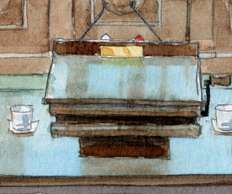
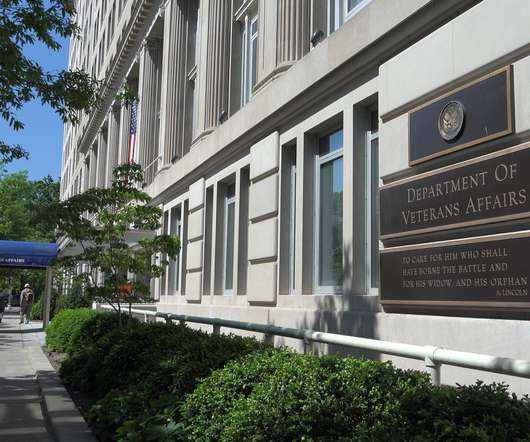

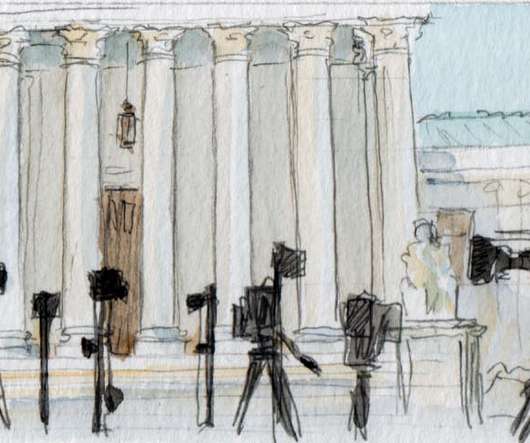
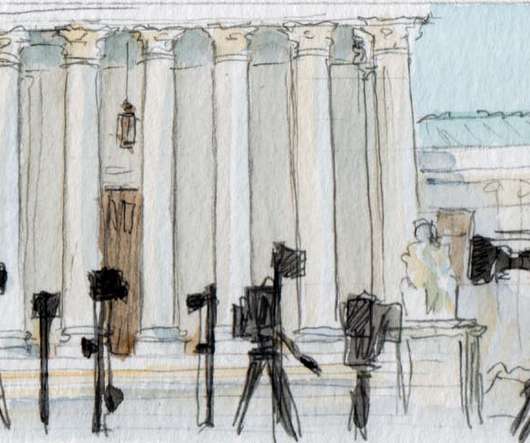
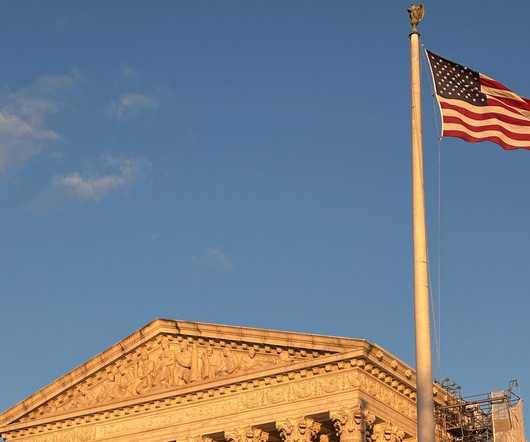








Let's personalize your content